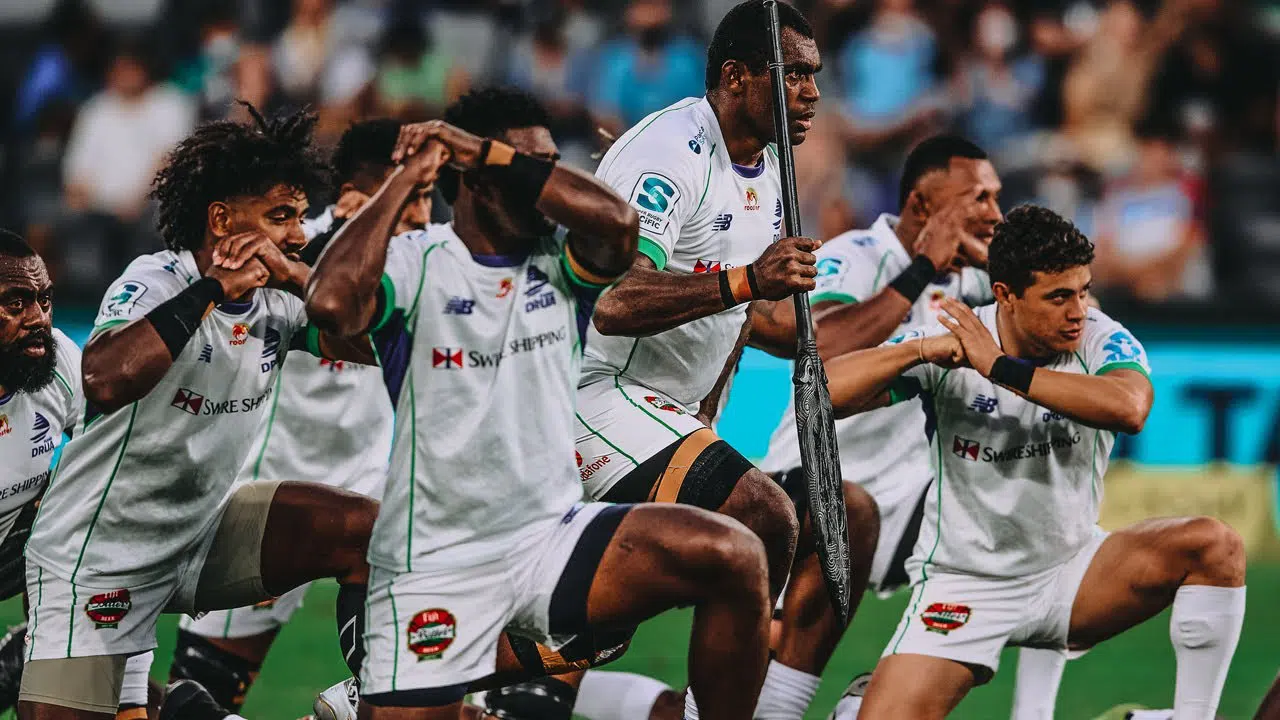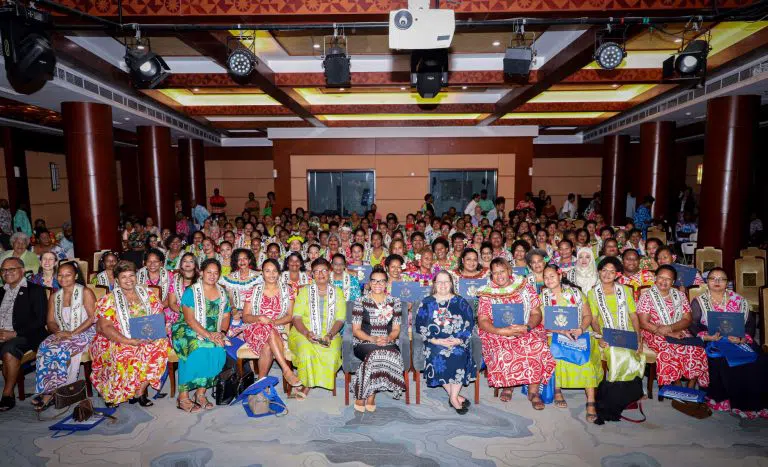Na Bole: Unveiling the Profound Cultural Legacy of Bole and Cibi in Fiji’s Vibrant Heart
In the vibrant heart of Fiji, where tradition and modernity blend seamlessly, the profound cultural legacy of the Fijian people is embodied in the Bole and Cibi ceremonies, resonating deeply with our collective identity and the spirited world of rugby.
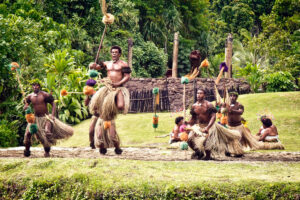 Transition from Cibi to Bole in Fijian Rugby
Transition from Cibi to Bole in Fijian Rugby
The Cibi, a war dance of Bauan origin, has been a part of Fijian culture, typically performed in times of war and celebration of victory. It gained prominence in the rugby field in 1939, symbolizing victory and warrior spirit. However, in June 2012, the Fiji national rugby team, under the leadership of captain Netani Talei, marked a significant cultural evolution by introducing the “Bole” in a match against Scotland. This transition from the “Cibi,” to the “Bole,” which signifies “accepting a challenge for a mission or competition,” reflects a deep alignment with the evolving spirit of the game.
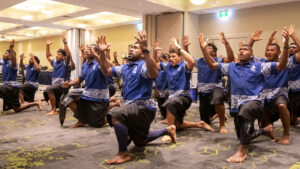 Na Bole’s Rugby Resurgence in 2022
Na Bole’s Rugby Resurgence in 2022
2022 witnessed a momentous resurgence of the traditional Fijian challenge – Na Bole – in the world of rugby. The Fijian Drua’s game against the Waratahs at CommBank Stadium in Parramatta saw the reintroduction of this powerful ritual, a legacy of Fijian warrior ancestors. CEO Brian Thorburn of the Fijian Drua highlighted the importance of this ritual, noting, “Our Drua has finally reached the shores of Super Rugby Pacific after 25 years. The significance of this journey and opportunity resonates deeply with our players, staff, and Club.” The reintroduction of Na Bole, approved by Rugby Australia and New Zealand Rugby, symbolizes its profound cultural significance for the team and the nation.
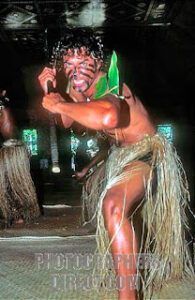 The Bole Ceremony: A Historical Perspective
The Bole Ceremony: A Historical Perspective
Traditionally, Na Bole was presented by warriors heading to war, a ritual embodying the readiness, unity, and strength of Fijian warriors. Central to the Bole ceremony is the presentation of a tabua (whale’s tooth), a symbol of respect and honor, followed by the communal sharing of kava from a tanoa (wooden bowl). This ritual, rooted in Fijian culture, fosters unity and fellowship among participants, serving as a cornerstone of the Fijian way of life.
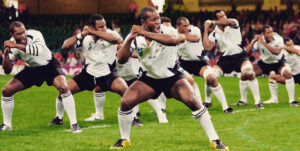 Preserving Fijian Traditions in Modern Times
Preserving Fijian Traditions in Modern Times
The Bole and Cibi are more than ceremonies; they are integral to Fijian society, transcending traditional settings to occupy a prominent place in international platforms like rugby. These rituals serve as a vibrant link to the past and as symbols of Fiji’s cultural heritage and identity.
Fiji’s commitment to preserving these traditions is evident in their inclusion in not only Rugby but in cultural education and tourism promotion. Teaching these rituals to the younger generation ensures the continuation of the rich tapestry of Fijian culture and the spirit of its ancestors.

